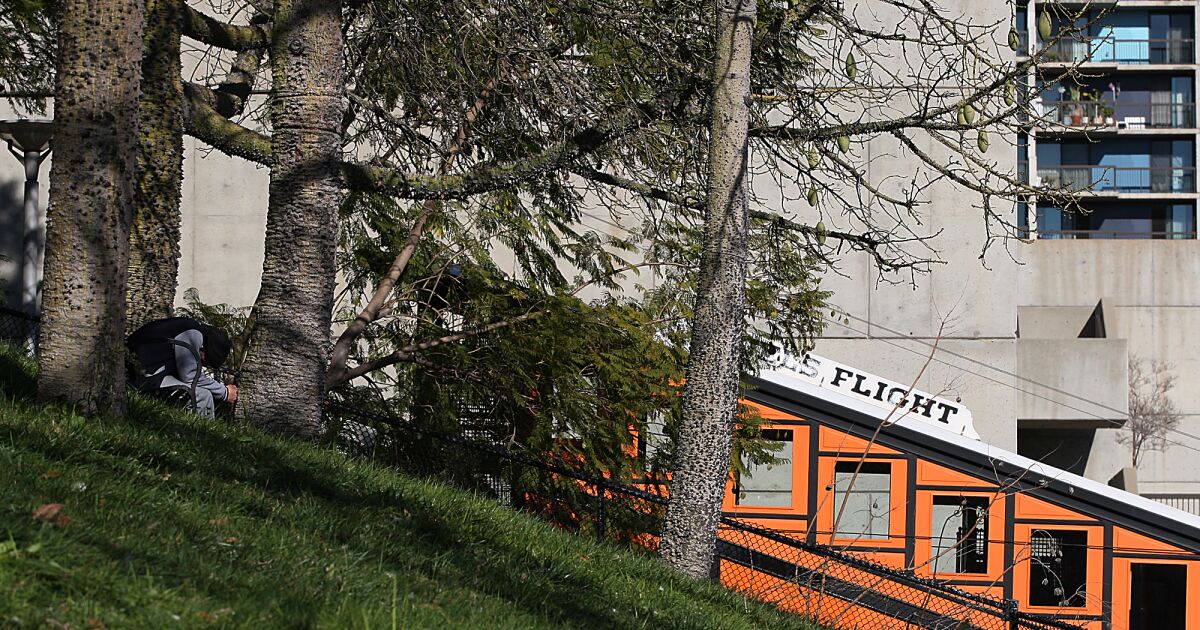Those who believe that industrial policy, which is an attenuated form of government economic planning, helps produce more goods and services might learn something from a report in today’s Wall Street Journal (Georgi Kantchev, Yuliya Chernova, and Stephen Fidler, “Putin Grips Economy Tighter to Supply Russian War Machine,” December 6, 2022). It explains the Russian government’s problems in boosting production of military supplies for the war in Ukraine, the “special military operation” in Putin’s terms:
Russia’s defense industry was shattered after the collapse of the Soviet Union in 1991. Mr. Putin has tried to rebuild it since the mid-2000s. He renationalized enterprises and brought the industry under the control of a major holding company called Rostec, which controls more than 800 companies. A 2021 report from the Swedish Defence Research Agency describes the industry as “top-down controlled and primarily government funded.”
Some people believe that central control of the economy is more efficient than economic freedom and competition, despite historical evidence to the contrary. One aspect of the problem is corruption, but this is an effect more than a cause. Interference with prices and incentives is more important. More to the point, corruption is not absent from industrial policy in our own countries: it just takes the legal form of special interests and crony capitalism through protectionism and subsidies. The situation in Russia is akin to advanced crony capitalism (if we an call this “capitalism”):
Russia’s defense industry, meanwhile, struggles with corruption and inefficiencies. In October, the head of the anticorruption committee and the chairman of the defense committee in Russia’s Duma sent a request to the country’s prosecutor general to investigate why the Defense Department couldn’t properly outfit the mobilized troops given it was fully financed to do so, according to state media.
As if it were sufficient for a government to “fully finance” something on a stack of paper called “budget” for the stuff in question to be produced in the required volume and at an acceptable quality! The difficulty of a government to milk its subjects is of course as true in civilian as in military matters.
The objection that war, as any major shift in economic production, explains the difficulty of the Russian government to produce more guns and less butter is not valid. In economic terms, a move along the production possibility frontier (PPF) still leads to less new production than if the PPF had not been pushed inwards by the inefficiency of government planning or, in its soft-socialist version, industrial policy.
















